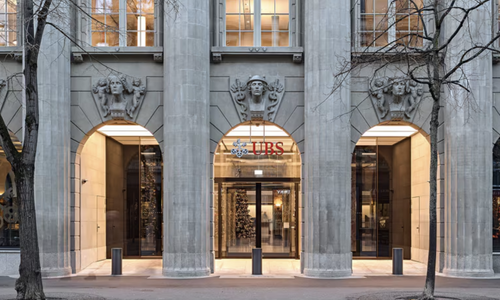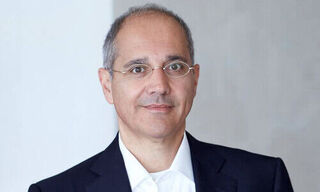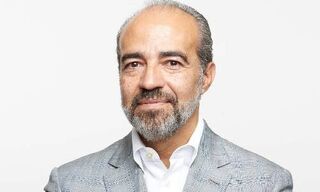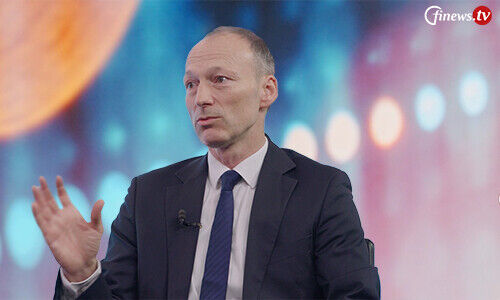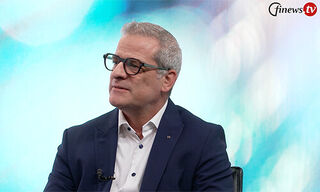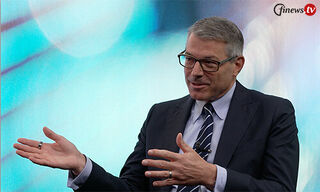Der Chef des amerikanischen Bankgiganten Citigroup versandte gestern abend ein Memo an die 260'000 Mitarbeiter. Hier ist es im Wortlaut.
Er wolle die Entwicklung der Märkte und den Rückschlag der Citi-Aktien (– 17 Prozent innerhalb einer Woche) in eine neue Perspektive setzen: So erklärt Konzernchef Vikram Pandit das Memo, welches er gestern Abend versandte.
Denn obwohl sich viele an die Ereignisse der letzten Finanzkrise erinnert fühlten, sei die Lage diesmal anders: Damals sei die Stabilität des Finanzsystems bedroht gewesen – heute indes gehe es um eine gefährliche Kombination von makro-ökonomischen Faktoren. Zudem sei die Bank jetzt in einer viel besseren Lage: Die Bilanz sei um zahllose Risiken gesäubert worden, die Finanzkraft habe zugelegt.
Der Aufruf im Original:
«In light of recent market activity and its impact on our stock price, I wanted to communicate directly with all of you to put some of the events in perspective. Although the decline is difficult to watch and naturally reminds all of us of what happened several years ago, there is little similarity between now and then in both drivers and implications.
First, where last time the strength and soundness of the financial system was in question, the current environment is being driven by a combination of macro-economic factors. S&P's downgrade of the US' credit rating and the sovereign debt crisis in Europe, combined with slowing growth forecasts globally, have each contributed to sharp declines in stock prices throughout the financial services sector.
Next, not only is it a fundamentally different time, but we are a fundamentally different company. We have been profitable for the past six quarters and are making investments so we can grow responsibly in every region and across business lines. We have de-risked our balance sheet significantly. We have reduced the size of our non-core assets in Citi Holdings by $519 billion since the first quarter of 2008. We have a clear strategy and we are executing it with discipline.
These actions have contributed to the unquestionable financial strength Citi has built over the past several years. At the end of the second quarter of 2011, our Tier 1 Common ratio was 11,6 percent and we had 142 billion Dollars in Tangible Common Equity.
These levels make Citi one of the best-capitalized large banks in the world. With aggregate liquidity resources of $334 billion, we have maintained an unequalled liquidity base.
Ironically, unlike several years ago, what our investors are looking for today is the return of capital, not increased capital levels. The companies which have fared better relatively are the ones who have announced plans to return capital to shareholders and our goal is still to return capital next year.
I consider these recent events to be a call to action. Call on your clients. Let them know about the unparalleled resources we have to help them navigate through these challenging times.
This is the time to remind them that we have been with them for 200 years and will be there for them day in and day out.
None of us know what the economic outlook will be, but we do know that today, we are prepared to withstand whatever the future may bring. In the meantime, I know you and your people will continue to serve our clients to the best of your ability.
Thank you for all that you do for Citi.»
-
Ja, es gab keine andere, wirtschaftlich sinnvolle Alternative.26.63%
-
Nein, man hätte die Credit Suisse abwickeln sollen.18.53%
-
Nein, der Bund hätte die Credit Suisse übernehmen sollen.28.29%
-
Man hätte auch ausländische Banken als Käufer zulassen sollen.9.15%
-
Man hätte eine Lösung mit Schweizer Investoren suchen sollen.17.39%














